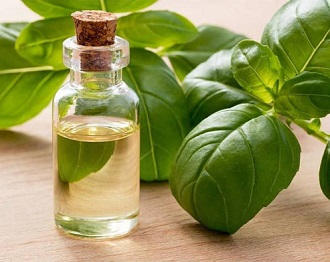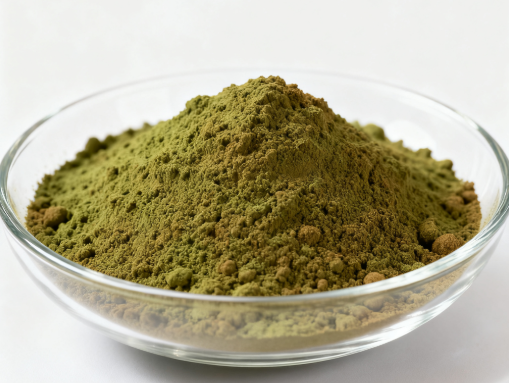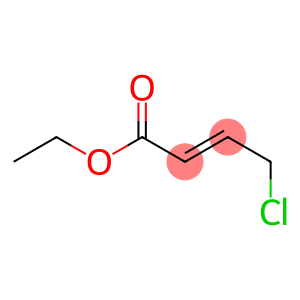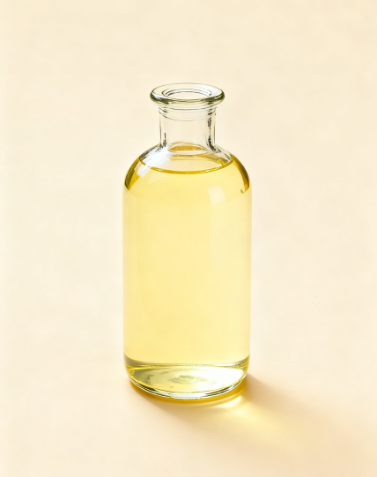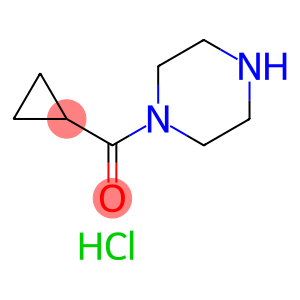Basil oil(CAS#8015-73-4)
| Risk Codes | R22 – Harmful if swallowed R36/37/38 – Irritating to eyes, respiratory system and skin. R52/53 – Harmful to aquatic organisms, may cause long-term adverse effects in the aquatic environment. |
| Safety Description | S26 – In case of contact with eyes, rinse immediately with plenty of water and seek medical advice. S36 – Wear suitable protective clothing. S61 – Avoid release to the environment. Refer to special instructions / safety data sheets. |
| WGK Germany | 3 |
| RTECS | CR3325000 |
| Toxicity | LD50 orl-rat: 1400 mg/kg FCTXAV 11,855,73 |
Introduction
Clove Basil Oil is an essential oil with a rich fragrance and herbal taste. It is usually made from the flowers, leaves, and stems of the clove basil (Ocimum basilicum) plant.Properties of Clove Basil Oil:- Appearance: Colorless or pale yellow liquid- Aroma: Fresh and fragrant herbal scent- Refractive index: 1.493-1.500- Main chemical components: Eugenol, eugenol aldehyde, eugenic acid, etc.Uses of Clove Basil Oil:- Medicinal: Has antibacterial, antioxidant, and anti-inflammatory properties; can be used for skincare, massage, and aromatherapy.- Fragrance: Can be used in making perfumes, soaps, candles, and other crafts.- Aromatherapy: Can be used in aromatherapy through methods such as distillation or extraction.Methods of Producing Clove Basil Oil:There are usually two methods to extract clove basil oil:1. Distillation: Place the flowers, leaves, and stems of the clove basil plant in a distiller, heat, and collect the oil through distillation.2. Extraction: Place the clove basil plant in a suitable solvent (such as alcohol), soak for a period, then filter and separate the pure essential oil using distillation or evaporation methods.Safety Information for Clove Basil Oil:- Clove basil oil is generally considered safe but may cause allergic reactions in some individuals, so a skin sensitivity test should be performed.- When using essential oil, it should be diluted and direct contact with eyes or mucous membranes should be avoided.


